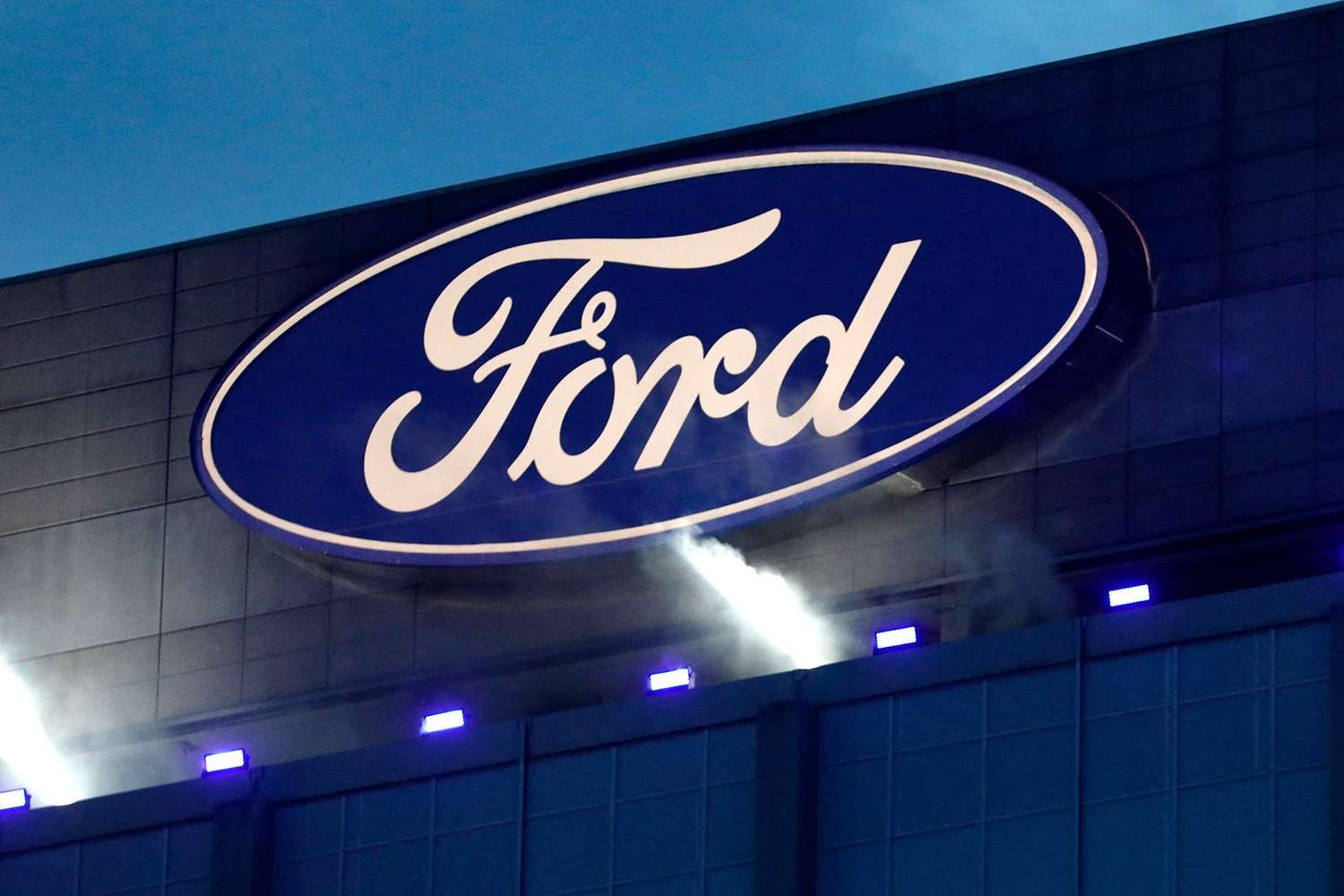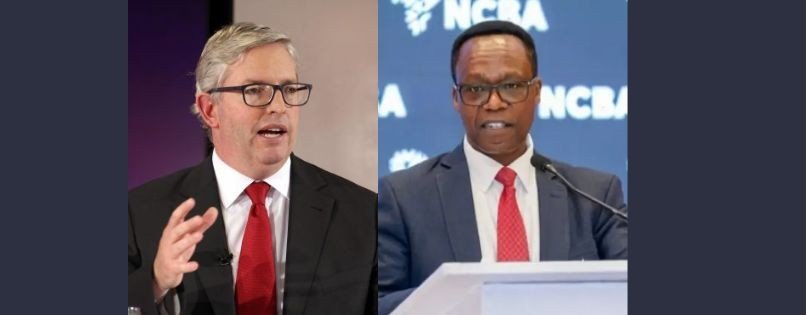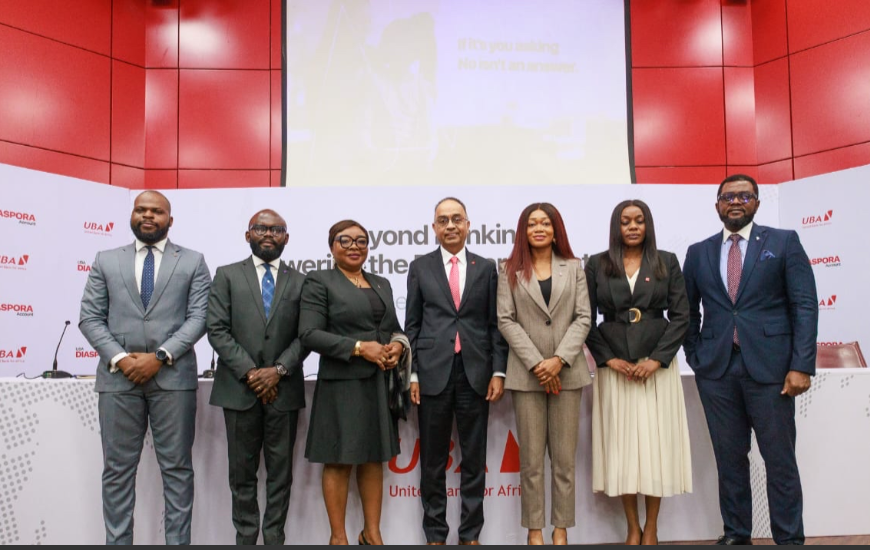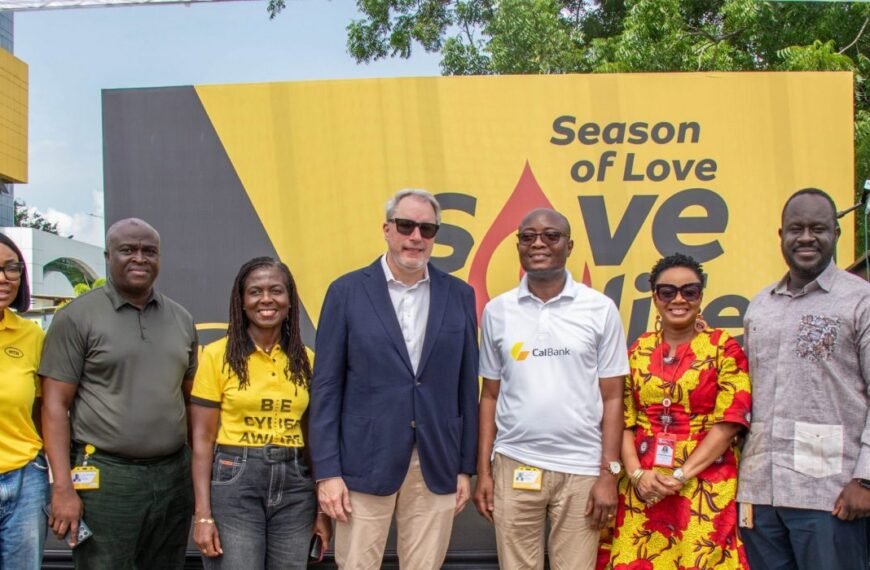

Indonesia: Ford in $4.5 billion agreement for EV battery materials plant
U.S. carmaker, Ford has announced a partnership with PT Vale Indonesia and China’s Zhejiang Huayou Cobalt’s as their new partner in a $4.5 billion nickel processing plant in Indonesia, the companies said on Thursday.
The investment is Ford’s first in the Southeast Asian country and underscores growing appetite among automakers for raw materials used in producing electric vehicle (EV) batteries, which account for about 40% of a vehicle’s sticker price, aiming to cut costs and close the gap on EV market leader Tesla.
Volkswagen, Europe’s biggest automaker, this month said that it would invest 180 billion euros ($196 billion) over five years in areas including battery production and the sourcing of raw materials.
Indonesia, which has the world’s biggest nickel reserves, has been trying to develop downstream industries for the metal, ultimately aiming to produce batteries and electric vehicles.
The proposed high-pressure acid leaching (HPAL) plant will be located in Pomalaa in Southeast Sulawesi, where Vale operates a nickel mine.
Vale and Huayou began construction of the plant in November and commercial operation is expected to start in 2026.
Febriany Eddy, chief executive of Vale Indonesia, said the deal is unique in bringing the U.S. automaker into an upstream nickel business.
She said that Vale has a 30% stake in the project, with the remainder being controlled by Ford and Huayou.
The companies did not say how much Ford will invest in the plant, which is expected to produce 120,000 tonnes per year of mixed hydroxide precipitate, a material extracted from nickel ore for use in EV batteries.
“Ford can help ensure that the nickel that we use in electric vehicle batteries is mined, produced within the same ESG standards as part of our business around the world,” Christopher Smith, Ford’s chief government affairs officer, said at the signing ceremony.
Indonesia’s government has banned exports of unprocessed nickel ore since 2020 to ensure supply for existing and potential investors while it also courts global EV makers such as Tesla and China’s BYD Group to invest in the country.

















